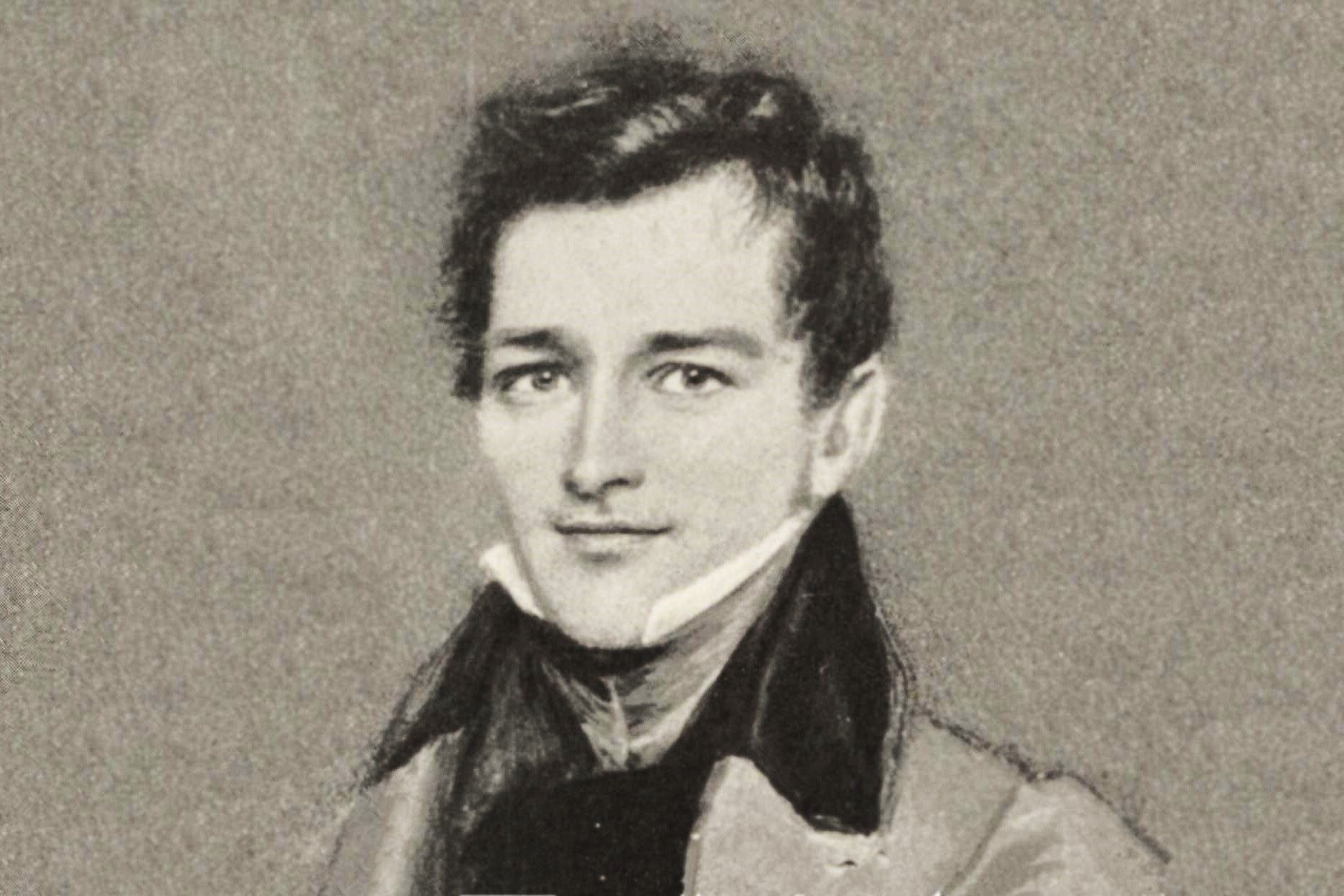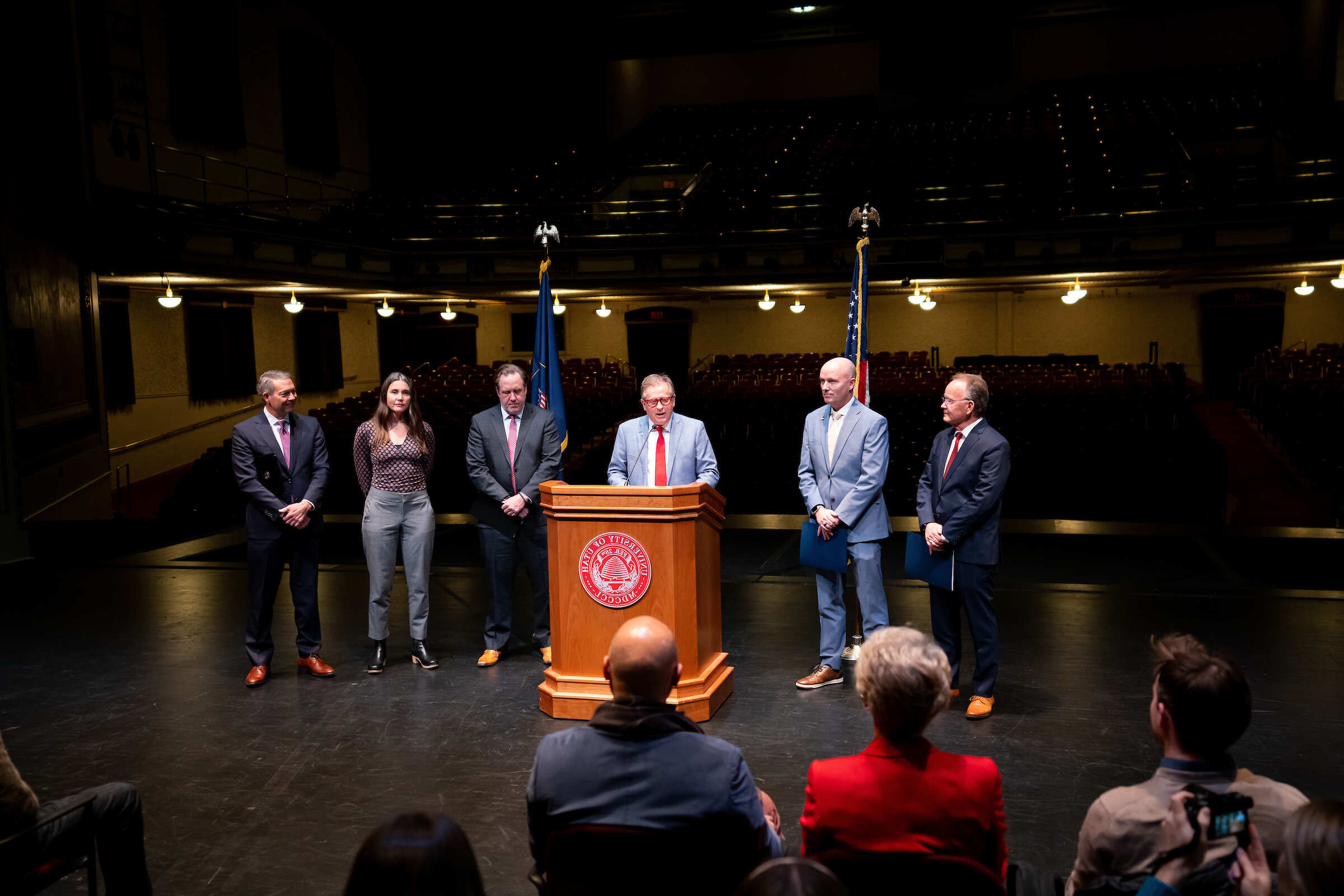
Who was Philip Hamilton? Born on January 22, 1782, Philip Hamilton was the eldest son of Alexander Hamilton, one of the Founding Fathers of the United States. Philip was known for his intelligence, charm, and strong resemblance to his father. He attended Columbia College, where he excelled in academics and was well-liked by his peers. Tragically, his life was cut short at the age of 19 due to a duel with George Eacker, a lawyer who insulted his father. This event deeply affected the Hamilton family and left a lasting mark on American history. Philip Hamilton's story is a blend of promise, talent, and heartbreak.
Key Takeaways:
- Philip Hamilton, the eldest son of Alexander Hamilton, led a promising life cut short by tragedy. His legacy lives on through his musical talents, close family bonds, and the impact of his untimely death.
- The close bond between Philip and his father, Alexander Hamilton, was marked by mutual respect and high expectations. Philip's tragic death had a profound impact on his family and American society, leading to increased public scrutiny of dueling.
Early Life of Philip Hamilton
Philip Hamilton, the eldest son of Alexander Hamilton, led a life filled with promise and tragedy. Here are some intriguing facts about his early years.
- Born on January 22, 1782, in Albany, New York, Philip was the first child of Alexander Hamilton and Elizabeth Schuyler Hamilton.
- Philip was named after his maternal grandfather, Philip Schuyler, a prominent American Revolutionary War general.
- As a child, Philip showed a keen interest in academics, much like his father, who was one of the Founding Fathers of the United States.
- Philip attended Columbia College (now Columbia University), where he excelled in his studies and was known for his intellect and charm.
- He was fluent in both English and French, a skill that was highly valued in the Hamilton household.
Philip Hamilton's Relationship with His Father
Philip shared a close bond with his father, Alexander Hamilton. Their relationship was marked by mutual respect and high expectations.
- Alexander Hamilton had high hopes for Philip, often referring to him as his "eldest and best beloved son."
- Philip's education was a top priority for Alexander, who personally tutored him in various subjects, including mathematics and literature.
- The two often exchanged letters, discussing everything from politics to personal matters, showcasing their deep connection.
- Alexander Hamilton wrote a heartfelt letter to Philip on his 15th birthday, expressing his pride and hopes for his future.
- Philip's tragic death deeply affected Alexander, who never fully recovered from the loss.
The Duel That Changed Everything
Philip Hamilton's life was cut short by a duel, a common practice at the time for settling disputes. This event had a profound impact on his family and American history.
- The duel took place on November 23, 1801, in Weehawken, New Jersey, the same location where Alexander Hamilton would later duel Aaron Burr.
- Philip's opponent was George Eacker, a lawyer who had insulted Alexander Hamilton in a speech.
- Philip, only 19 years old, challenged Eacker to defend his father's honor.
- The duel followed the traditional "Code Duello," a set of rules for dueling that included choosing seconds and a doctor.
- Tragically, Philip was shot and mortally wounded, dying the next day on November 24, 1801.
Legacy and Impact
Philip Hamilton's untimely death left a lasting legacy and had significant repercussions for his family and American society.
- Philip's death was a devastating blow to the Hamilton family, particularly to his mother, Elizabeth, who was inconsolable.
- Alexander Hamilton was deeply affected, and his grief influenced his later actions and decisions.
- The duel and Philip's death highlighted the dangers of the practice, leading to increased public scrutiny and eventual decline of dueling in America.
- Philip's story has been immortalized in various works of literature and theater, most notably in the musical "Hamilton," where his character plays a significant role.
- Despite his short life, Philip's legacy lives on through the letters and writings he left behind, offering a glimpse into the life of a promising young man.
Philip Hamilton in Popular Culture
Philip Hamilton's life and tragic end have been depicted in various forms of media, capturing the public's imagination.
- The musical "Hamilton," created by Lin-Manuel Miranda, brought Philip's story to a global audience, highlighting his relationship with his father and his untimely death.
- In the musical, Philip is portrayed by actor Anthony Ramos, who also plays John Laurens, another close associate of Alexander Hamilton.
- Philip's duel with George Eacker is dramatized in the musical, emphasizing the emotional impact on the Hamilton family.
- The song "Stay Alive (Reprise)" in the musical poignantly depicts Philip's final moments and Alexander's grief.
- Philip's character in the musical has inspired many fans to learn more about his life and the historical context of his time.
Interesting Tidbits about Philip Hamilton
Beyond the well-known facts, there are some lesser-known details about Philip Hamilton that add depth to his story.
- Philip was known for his musical talent, particularly his skill at playing the piano, which he often did to entertain guests at the Hamilton household.
- He had a close relationship with his siblings, especially his younger brother, Alexander Hamilton Jr., who looked up to him as a role model.
- Philip was an avid reader, with a particular interest in classical literature and philosophy.
- He was also known for his sense of humor and wit, often engaging in playful banter with his friends and family.
- Despite his privileged upbringing, Philip was deeply aware of social issues and often discussed them with his father.
The Aftermath of Philip's Death
The consequences of Philip Hamilton's death were far-reaching, affecting not only his family but also the broader society.
- Elizabeth Hamilton, Philip's mother, dedicated much of her life to preserving her husband's legacy and ensuring that her children were well-educated and cared for.
- Alexander Hamilton's political career was impacted by his grief, leading to a period of withdrawal from public life.
- The Hamilton family faced financial difficulties following Philip's death, as Alexander struggled to balance his work and personal life.
- Philip's death served as a cautionary tale about the dangers of dueling, contributing to the eventual decline of the practice in America.
- The story of Philip Hamilton continues to resonate today, reminding us of the fragility of life and the enduring impact of family bonds.
Philip Hamilton's Lasting Legacy
Philip Hamilton's life, though short, left a significant mark on history. As Alexander Hamilton's eldest son, he inherited his father's intellect and ambition. His tragic death in a duel at just 19 years old cut short a promising future. This event profoundly impacted his family, especially his father, who never fully recovered from the loss.
Philip's story serves as a poignant reminder of the dangers of dueling, a practice that claimed many young lives during that era. His legacy lives on through the letters, stories, and historical records that paint a picture of a bright young man with immense potential.
Understanding Philip Hamilton's life offers a glimpse into the personal struggles and societal norms of early America. His story, though filled with promise and tragedy, continues to captivate those interested in the Hamilton family and American history.
Frequently Asked Questions
Was this page helpful?
Our commitment to delivering trustworthy and engaging content is at the heart of what we do. Each fact on our site is contributed by real users like you, bringing a wealth of diverse insights and information. To ensure the highest standards of accuracy and reliability, our dedicated editors meticulously review each submission. This process guarantees that the facts we share are not only fascinating but also credible. Trust in our commitment to quality and authenticity as you explore and learn with us.


